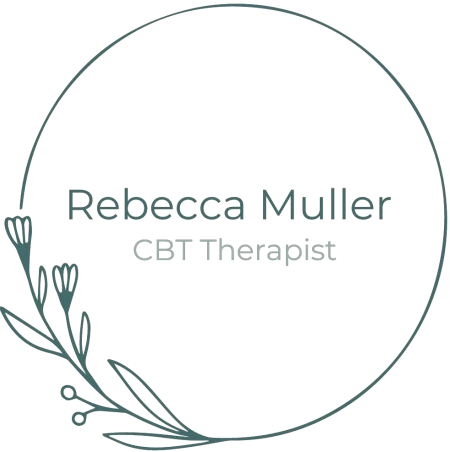Trauma is an experience that overwhelms our ability to cope, leaving a lasting mark on our emotional and physical well-being. By understanding how trauma affects the body, we can embark on a journey of healing and recovery.
When we encounter a traumatic event, whether it be an accident, abuse, or a distressing life event, our bodies undergo a series of intricate reactions. These reactions are part of our innate survival response, known as the fight-flight-freeze response. During this process, stress hormones flood our system, preparing us to face the threat or escape from it.
In the short term, this response can be lifesaving. However, when trauma is ongoing or unresolved, the physiological impact can persist long after the event itself. Here are some ways trauma affects the body:
- The Nervous System: Trauma can disrupt the autonomic nervous system, which regulates our body's automatic functions. This dysregulation can lead to heightened sensitivity, hypervigilance, and an increased risk of developing anxiety disorders, such as post-traumatic stress disorder (PTSD).
- The Brain: Traumatic experiences can cause significant changes in brain structure and function. The amygdala, responsible for processing emotions and fear responses, becomes hypersensitive, triggering intense emotional reactions even in non-threatening situations. The prefrontal cortex, involved in decision-making and emotional regulation, may also be affected, leading to difficulties in managing emotions and impulsive behaviors.
- Physical Health: Trauma can manifest as physical symptoms such as chronic pain, headaches, digestive issues, and sleep disturbances. The body's stress response, when chronically activated, can weaken the immune system, making individuals more vulnerable to illness and disease.
- Relationships: Trauma can impact our ability to form and maintain healthy relationships. Trust issues, emotional distancing, and difficulty in expressing and regulating emotions can strain connections with others. These challenges can further isolate individuals, exacerbating feelings of loneliness and disconnection.
While the effects of trauma on the body can feel overwhelming, it's important to remember that healing is possible. Here are some strategies to support your journey towards recovery:
Engaging in therapy, such as Cognitive Behavioural Therapy (CBT), EMDR or The Rewind Technique, can provide you with tools and techniques to manage the impact of trauma. A skilled therapist can help you understand the connection between your thoughts, feelings, and behaviours, empowering you to develop healthier coping mechanisms.
Prioritise self-care activities that promote relaxation and stress reduction. This can include practicing mindfulness, engaging in regular exercise, getting enough sleep, and nurturing healthy relationships.
Remember, healing takes time, and everyone's journey is unique. Be patient and kind to yourself throughout the process. By addressing the impact of trauma on your body and mind, you can take the first steps toward reclaiming your life and finding renewed hope and resilience.
If you have experienced trauma and are seeking support on your healing journey, I am here to help. At Rebecca Muller CBT, I specialise in trauma-informed therapy, and I am committed to providing a safe and empathetic space for your recovery. Please don't hesitate to reach out to us to schedule an appointment.
